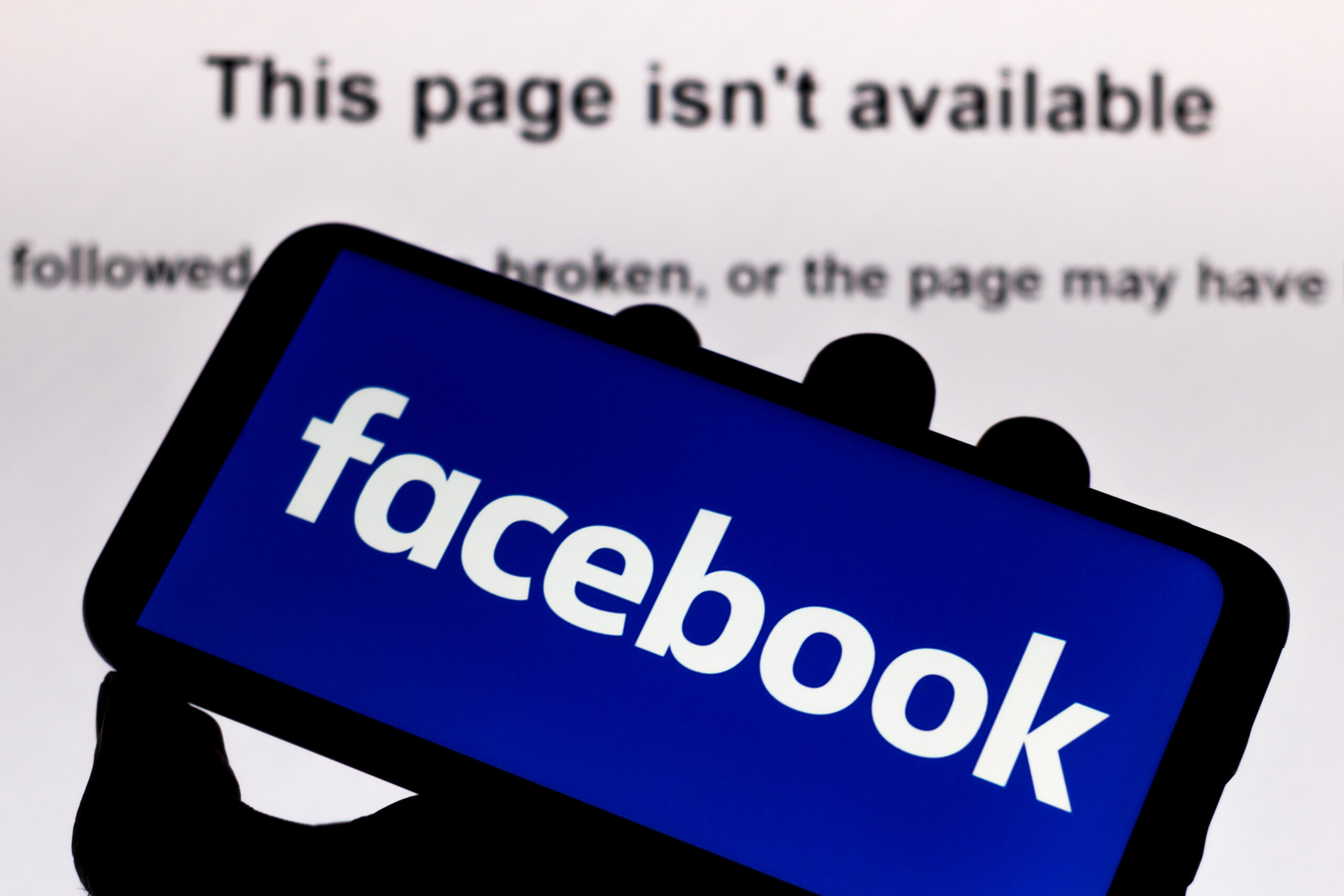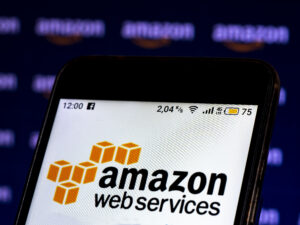Content moderation can be both a solution and suppression if used as such. Often, we find ourselves caught between the desire for free expression and the reality of content moderation. The recent clash between Malaysian Prime Minister Anwar Ibrahim and Facebook exemplifies this tension. When the platform removed Ibrahim’s condolence message for the victims of a Malaysian plane crash, it sparked a fierce debate about the limits of online speech. This incident raises important questions about the power wielded by social media giants and the delicate balance between protecting users and respecting government leaders’ right to communicate with their citizens. Understanding this controversy is crucial for grasping the evolving dynamics between tech companies and world leaders in the digital age.
Malaysia PM Anwar Ibrahim Criticizes Facebook

A Strong Rebuke from the Prime Minister
- Malaysian Prime Minister Anwar Ibrahim didn’t mince words when he publicly denounced Facebook for removing his condolence message. Labeling the social media giant as “cowardly,” Ibrahim’s criticism highlights the growing tension between government officials and tech platforms. Particularly over content moderation policies. The Prime Minister’s post, which expressed sympathy for victims of a recent plane crash in Malaysia, was taken down by Facebook, sparking outrage and raising questions about the platform’s decision-making process.
Implications for Free Speech and Platform Accountability
- This incident underscores the delicate balance between free expression and content moderation on social media. As a prominent political figure, Ibrahim’s experience sheds light on the broader issues of censorship. As well as the power wielded by tech companies in shaping public discourse. The controversy has ignited a debate about the transparency of Facebook’s algorithms and the need for clearer guidelines on content removal. With emphasis when it comes to posts from world leaders.
Potential Ripple Effects
- The Prime Minister’s strong stance against Facebook could potentially lead to wider repercussions. It may prompt other government officials to scrutinize the platform’s policies more closely. Thus, could even result in calls for increased regulation of social media companies in Malaysia. As this situation unfolds, it serves as a reminder of the complex relationship between governments, tech giants, and the public in the digital age.
Facebook Removes Anwar Ibrahim’s Condolence Post
The Controversial Takedown
- In a surprising turn of events, Facebook removed Malaysian Prime Minister Anwar Ibrahim’s condolence message for the victims of a plane crash. This action by the social media giant sparked an immediate backlash from the Prime Minister and raised questions about content moderation policies on global platforms.
The post, which expressed sympathy for those affected by the tragedy, was deemed inappropriate by Facebook’s algorithms or content moderators. This decision highlights the complex challenges faced by social media companies in balancing free speech with content regulation.
Prime Minister’s Strong Response
- Anwar Ibrahim didn’t mince words in his criticism of Facebook, labeling the platform as “cowardly” for removing his heartfelt message. His forceful reaction underscores the frustration many world leaders feel when their communications are censored or restricted on social media.
The Prime Minister’s condemnation shows ongoing tensions between governments and tech companies. It raises important questions about the power wielded by social media platforms and their role in shaping public discourse, especially during times of national tragedy.
Implications for Social Media Governance
- This incident serves as a stark reminder of the delicate balance between content moderation and freedom of expression. It prompts a broader discussion about the need for transparent, consistent policies that respect cultural sensitivities and the rights of elected officials to communicate with their constituents.
As social media continues to play a crucial role in global communication, incidents like this underscore the need for improved dialogue between tech companies and governments to establish mutually agreeable guidelines for content moderation.
Anwar Ibrahim Calls Facebook “Cowardly”
In a strongly worded statement, Malaysian Prime Minister Anwar Ibrahim publicly lambasted Facebook for removing his condolence post, labeling the social media giant’s actions as “cowardly.” This unprecedented criticism from a head of state highlights the growing tension between governments and tech platforms over content moderation policies.
The Controversial Removal
- The Prime Minister’s post, which expressed sympathy for victims of a recent plane crash in Malaysia, was unexpectedly taken down by Facebook. This action prompted a swift and forceful response from Anwar Ibrahim, who didn’t mince words in his condemnation of the platform’s decision.
Implications for Free Speech
- This incident raises important questions about the balance between content moderation and free speech. Critics argue that Facebook’s removal of a leader’s condolence message sets a concerning precedent for censorship, while others defend the platform’s right to enforce its community guidelines uniformly.
Growing Government-Tech Tensions
- Anwar Ibrahim’s strong reaction underscores the increasing friction between political leaders and social media companies. As these platforms wield significant influence over public discourse, governments worldwide are grappling with how to regulate them effectively while preserving democratic values and freedom of expression.
Ongoing Tensions Between Governments and Facebook
Governments and Facebook: A Global Tug-of-War
- The clash between Malaysian Prime Minister Anwar Ibrahim and Facebook is just the latest episode in an ongoing global struggle. Governments worldwide are increasingly at odds with social media giants over content moderation policies. This tension stems from the immense influence these platforms wield in shaping public discourse and the flow of information.
Balancing Act: Freedom vs. Control
- Facebook and other social media companies face a delicate balancing act. On one hand, they must uphold the principles of free speech and resist government censorship. On the other, they’re under pressure to combat misinformation, hate speech, and other harmful content. This tightrope walk often leads to inconsistent policies that frustrate both users and governments alike.
The Power Struggle
- At the heart of this conflict lies a fundamental question: Who should have the final say on what content is allowed online? Governments argue they need to protect their citizens and national interests. Social media platforms contend that they’re best equipped to make these decisions impartially. This power struggle is likely to intensify as the digital landscape continues to evolve and expand its reach into our daily lives.
Social Media Content Moderation Policies Under Fire
The recent controversy surrounding Malaysian Prime Minister Anwar Ibrahim’s removed Facebook post has reignited debates about social media content moderation policies. This incident highlights the ongoing tension between government officials and tech giants, raising important questions about freedom of expression, cultural sensitivity, and the power wielded by social media platforms.
Balancing Act: Free Speech vs. Content Control
- Social media companies face a delicate balancing act between allowing free speech and controlling potentially harmful content. Critics argue that these platforms often err on the side of caution, sometimes removing benign posts in their efforts to curb misinformation or offensive material. This overzealous approach can lead to unintended consequences, as seen in the case of PM Anwar Ibrahim’s condolence message.
Cultural Nuances and Global Policies
- One of the key challenges in content moderation is accounting for cultural nuances across different regions. What may be considered appropriate in one country could be deemed offensive in another. Facebook and other platforms must navigate these complex cultural landscapes while maintaining consistent global policies. This incident underscores the need for more localized approaches to content moderation, especially when dealing with posts from government officials.
Calls for Transparency and Accountability
- As social media platforms continue to play a significant role in public discourse, there are growing calls for increased transparency and accountability in their content moderation processes. Many argue that users, especially public figures, deserve clearer explanations when their posts are removed and more efficient appeal mechanisms. This incident may catalyze broader discussions about the responsibilities of social media companies in shaping online dialogue.
In Conclusion
This incident underscores the complex relationship between governments and social media platforms. The removal of Prime Minister Anwar Ibrahim’s condolence post by Facebook has ignited a debate about content moderation policies and their impact on political discourse. Moving forward, both sides must engage in constructive dialogue to establish clear guidelines that balance freedom of expression with responsible content management. This situation serves as a reminder of the significant role social media plays in modern communication and the need for transparency and accountability in its governance. Ultimately, finding common ground will be essential to ensure that platforms like Facebook can continue to serve as valuable tools for public engagement while respecting local sensitivities and cultural norms.
More Stories
Microsoft Unveils Windows 365 Link : A Compact Gateway to Cloud Computing
Microsoft’s latest innovation, the Windows 365 Link, emerges as a game-changing solution for your business. This compact, fanless mini PC represents a significant leap forward in cloud connectivity, offering you a streamlined gateway to Windows 365 Cloud PCs
DOJ Targets Google’s Dominance: Potential Chrome Sale and Android Unbundling on the Horizon
The tech giant argues these measures are too extreme. However, the DOJ sees them as necessary to ensure a fair playing field. The outcome of this antitrust battle redefines interactions with search engines, browsers, and mobile devices for years to come.
Australia Moves to Set 16 as the Minimum Age for Social Media
As you navigate the ever-evolving landscape of digital communication, a significant shift is on the horizon in Australia. The nation's...
Interlock Ransomware Surge Threatens U.S. Healthcare Systems Amid Growing Cyber Vulnerabilities
As you navigate the complex landscape of healthcare cybersecurity, a new threat looms on the horizon. The Interlock ransomware group...
Madison Technologies’ AI-Powered Rail Safety Innovation Earns Top Global Cisco Award
As you navigate the complex landscape of rail safety innovation, you'll find that Madison Technologies has emerged as a true...
Why Google Cloud’s Mandatory MFA is a Game-Changer for Secure Access
In an era where cyber threats are evolving at an alarming rate, Google Cloud is taking a bold step to...



